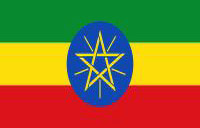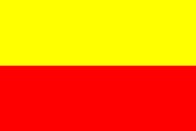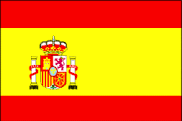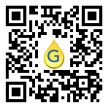
Thomas H. Morgan Ph.D.
The Nobel Prize in Physiology or Medicine 1933
Zoologist, Geneticist. Chromosome role in heredity, sex determination. Drosophila. Genes stored in chromosomes in nuclei. Epigenetics. Combination rule. Limited number of combination groups. Crossing-over rule. Linear arrangement of genes in chromosomes.
Didn’t attend Nobel award ceremony, because in Caltech, busy establishing new physiology group and with future of biochemistry, genetics.
Hobbies
As a boy, Thomas Hunt Morgan was interested in natural history. He spent some summers in the mountains in Oakland in western Maryland collecting fossils. When he was young, during several summers, in the mountains of Kentucky, he worked doing field work in geology and biology.
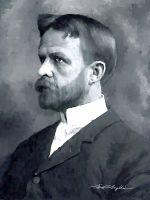
Painting Tim Tompkins - PaintHistory.com
Name: Thomas Hunt Morgan
Birth: 25 September 1866, Lexington, KY, USA
Death: 4 December 1945, Pasadena, CA, USA
Institution: California Institute of Technology (Caltech), Pasadena, CA, USA
Award:"for his discoveries concerning the role played by the chromosome in heredity"
Subject: Genetics
Portion of Cash: 1/1
Education: B.S. University of Kentucky, 1886.
Ph.D., Johns Hopkins University, 1890. Mentors: William Keith Brooks – Embryology, Marine organisms; H. Newell Martin and W. H. Howell – Physiology.
Thesis: Embriology of Pycnogonida (sea spiders)
Biography
Books
Hobbies
Nobel Prize Medal
Videos





